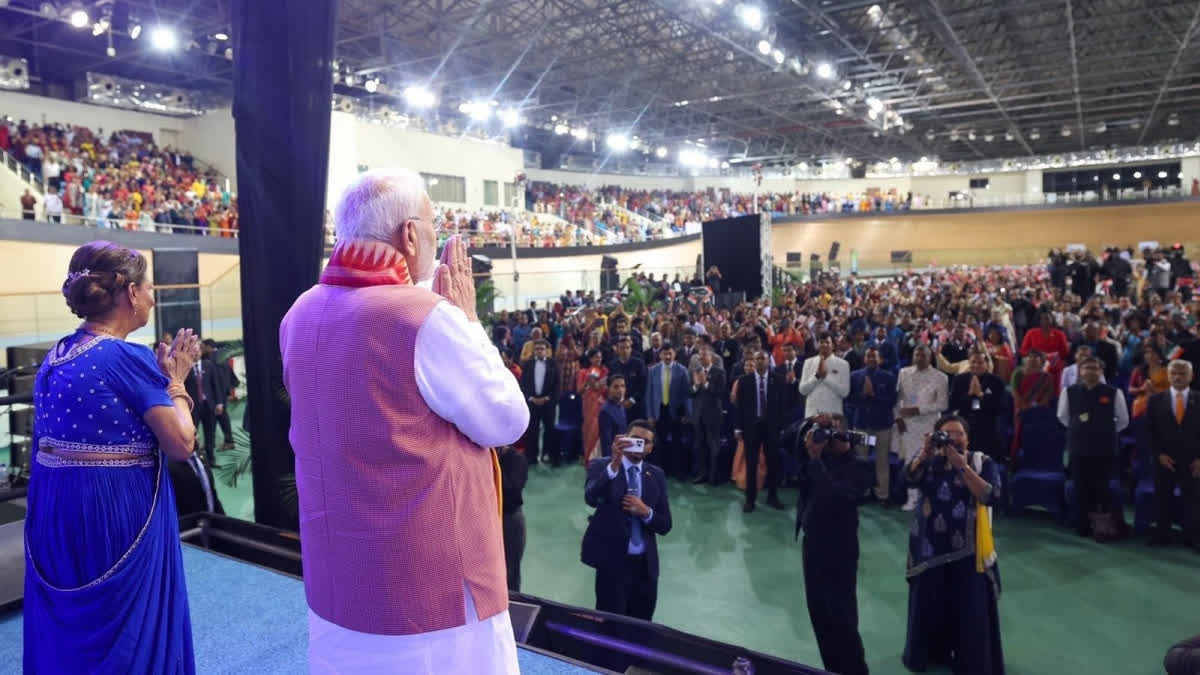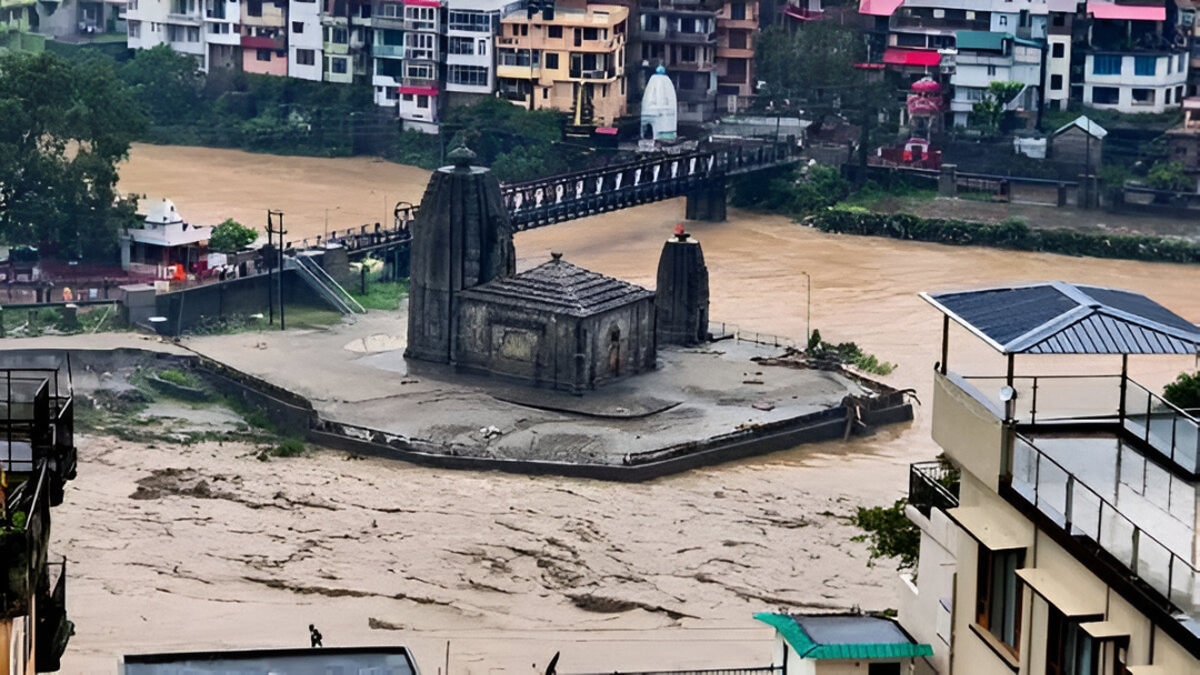Now Reading: PM Modi’s Five-Nation Tour: Deepening Bonds with Trinidad & Tobago Through Cultural Diplomacy
-
01
PM Modi’s Five-Nation Tour: Deepening Bonds with Trinidad & Tobago Through Cultural Diplomacy
PM Modi’s Five-Nation Tour: Deepening Bonds with Trinidad & Tobago Through Cultural Diplomacy

Prime Minister Narendra Modi’s ongoing five-nation tour has been marked by significant diplomatic engagements and symbolic gestures aimed at strengthening India’s global ties. A highlight of his visit to Trinidad and Tobago has been the presentation of deeply meaningful gifts to Prime Minister Kamla Persad-Bissessar: holy water from the Mahakumbh and a meticulously crafted replica of the Ram Mandir in Ayodhya. These gifts underscore the profound cultural and spiritual connections shared between the two nations, particularly given Trinidad and Tobago’s substantial population of Indian origin.
The visit to Trinidad and Tobago, the first bilateral Prime Ministerial visit from India since 1999, holds immense significance. It marks an effort to rejuvenate the special bonds of ancestry and kinship that unite the two countries. During his address to the Indian community in Port of Spain, PM Modi emphasized the historical and cultural importance of Bihar, the ancestral home of many members of the Indian diaspora in Trinidad and Tobago, including Prime Minister Persad-Bissessar, whom he affectionately referred to as a “daughter of Bihar.”
The Significance of the Gifts:
The choice of gifts is imbued with rich symbolism:
- Holy Water from the Mahakumbh and Saryu River: The Mahakumbh, held at Prayagraj, is the world’s largest spiritual gathering, attracting millions of devotees. The holy waters of the Sangam (confluence of the Ganga, Yamuna, and the mythical Saraswati rivers) and the Saryu River (which flows through Ayodhya) are considered highly sacred in Hinduism. They are believed to possess purifying properties and offer spiritual liberation. Gifting this holy water symbolizes a sharing of India’s spiritual heritage and a blessing for the well-being and prosperity of Trinidad and Tobago. It also subtly acknowledges the diaspora’s spiritual connection to their roots, as many would have wished to participate in the Mahakumbh. PM Modi himself requested Prime Minister Persad-Bissessar to offer these sacred waters to the Ganga dhara in Trinidad.
- Replica of the Ram Mandir in Ayodhya: The Ram Mandir, recently consecrated in Ayodhya, is a monumental symbol of faith, cultural revival, and architectural prowess for millions of Hindus worldwide. Presenting a replica of this temple to Prime Minister Persad-Bissessar is a powerful gesture that resonates deeply with the Indian diaspora’s reverence for Lord Ram. It signifies the enduring spiritual ties and acknowledges the diaspora’s emotional connection to their ancestral land and its cultural milestones. Furthermore, PM Modi recalled how the Indian community in Trinidad and Tobago had previously sent holy water and “shilas” (sacred bricks) for the construction of the Ram Mandir in Ayodhya, making this gift a reciprocation of their devotion.
These gifts are more than just tokens; they are tangible representations of shared cultural heritage, spiritual values, and a recognition of the significant contributions of the Indian diaspora to Trinidad and Tobago. This cultural diplomacy serves to further strengthen the people-to-people connections and foster deeper bilateral relations between India and the Caribbean nation.
Prime Minister Modi’s five-nation tour, which also includes visits to Ghana, Argentina, Brazil, and Namibia, aims at enhancing India’s engagement with the Global South and solidifying partnerships across continents. The exchange of such culturally significant gifts highlights India’s approach to diplomacy, where shared heritage and spiritual bonds play a crucial role in building stronger international relationships.








